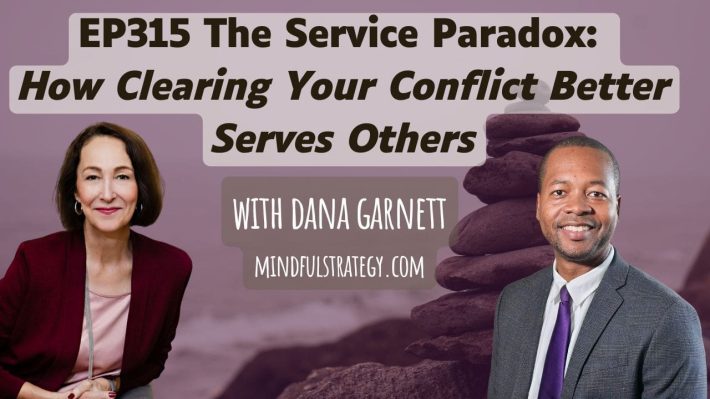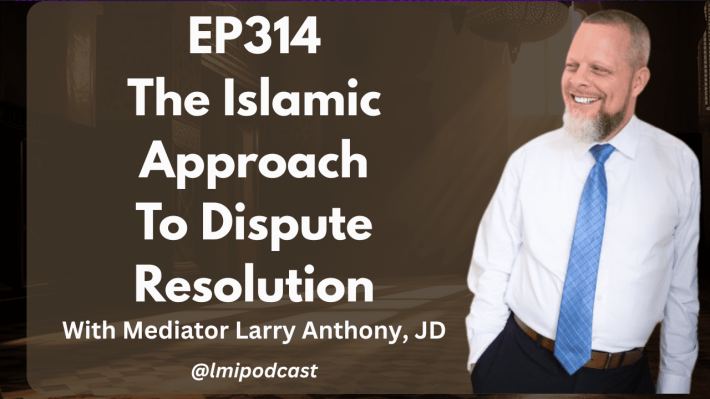November 2020 Tips by Fran
Mediator and InstantMediations.com Advisor Fran Brochstein, whose mediation experience spans decades, provides mediation tips to mediators and parties engaged in dispute resolution. She is based in Marble Falls, Texas and can mediate online with parties from anywhere. Contact her through her site Familylaw4u.com at Fran@Familylaw4you.com. If you have any suggestions for future columns, please feel free to contact Fran.
Control and Protect the Mediation Process
I had an interesting call recently. A gentleman was referred to me by another InstantMediations.com mediator. He basically told me what he wanted – a 5-minute mediation since he knew that they would never resolve their differences. I explained that it takes at least an hour for both sides to tell me “their story”. I informed him that I always allocate at least 4 hours for a mediation. I also told him that I had a very good success rate with people who swore that their case would never settle. When he realized that he could not dictate to me exactly how the mediation would work, he went elsewhere.
This conversation reminded me of the importance of being in control of the mediation process. You, as the mediator, are the boss. When I first started mediating, I was scared to hurt anyone’s feelings or sound authoritative, but now I just jump in and see where we go. I now assume that no one is ever going to tell me the whole truth or their true bottom line. I have learned that none of this matters as a mediator.
If you are new mediator, just jump in and get your feet wet. You will gradually develop your own style, your confidence will grow, and mediation will become less stressful for you. It will also become more fun. I encourage you to take advanced mediation training. I’ve been mediating over 15 years and I still take at least 15 hours a year in advanced mediation training.
General Tips
Don’t be shy to use your life experiences to help connect with parties. Even though I’ve been mediating for quite a while, because of my life experiences, I tell people that I’m a slow learner and that I’ve made every mistake they have made and probably more. I also let them know that I grew up in a dysfunctional family, and that I was a staff attorney at Houston Volunteer Lawyers for years.
When doing family law mediations, I remind parties that each family is different. Many mediations are similar, but I’ve never had the exact same mediation twice. Comfort parties to know that their issues are resolvable in a customized way.
I do not go forward without the parties signing my Agreement to Mediate. If they refuse to sign it, then the mediation stops. I’ve only had this happen a couple of times.
Tips for When Commencing the Mediation
I try to begin the mediation with some items that I think the parties can agree on. Then I move onto the harder topics. I always offer to do a partial mediated settlement agreement so that the parties only have a few items to bring before the judge if court is absolutely necessary. I think judges appreciate cases with limited issues, and it tends to save the parties money. Why waste a judge’s time if there is no disagreement on certain topics.
I usually start my family mediations saying that today will be a very hard day. We are going to do a lot of unpleasant work. I am probably going to shine a light into the dark corners of their lives. I warn them that I am a clean slate and I don’t know either party. And even if I know their lawyer, I am still an impartial trained professional. I make sure they understand that they will be the decision makers and I don’t twist their arms or make them settle. I also tell them that at the end of the day they will be exhausted and they will need to either just go for a walk, go to sleep, or perhaps enjoy an adult beverage. I let them know that a hard day at mediation is always better than an unnecessary and expensive day in court.
During the mediation, if someone seems stressed or upset, I will ask them if they want to proceed. I often allow people to take a brief break to center themselves and come back refreshed. I had one mediation where a man learned at the mediation that his youngest child was not his biological child. He began to cry so hard that I stopped the mediation and re-scheduled it. His attorney wanted to proceed, but there was no way that a man who could not talk or breath due to sobbing could make a rational decision.
Another time, I once had an attorney assure me that the case was going to settle. But his client was standing beside him with her arms crossed, shaking her head. I finally said to him that he needed to talk to his client because her body language clearly said she was not settling today. We re-scheduled the mediation for a later date and it settled then. The client appreciated that I did not rush or force her to engage in a settlement negotiation during the first session.
As the holidays approach, I find that many parties take the holidays very seriously. I always ask if their family celebrates Christmas Eve or Christmas Day. I discover some families go to church on New Year’s Eve. Some families have unique holiday traditions I’m familiar with. Some families have reunions that can often cause a lot of emotional pain. I encourage mediation parties to be flexible regarding family celebrations. For example, I like to remind parents in custody mediations that I’ve never heard a child complain about having 2 Christmas celebrations!
If you have any suggestions for future columns, I ask you to contact me at fran@familylaw4u.com.
In closing, as we near the end of a very interesting and challenging 2020, I wish for us all fun, laughter, joy and peace in the upcoming holiday season.



